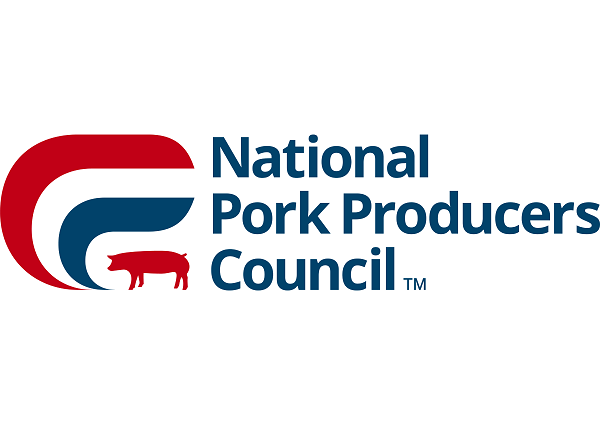

The National Pork Producers Council (NPPC) is shedding light on the impediments faced by U.S. pork producers in international trade. In response to the Office of the United States Trade Representative’s (USTR) recent report, the NPPC, representing 43 state pork producer organizations, has identified countries imposing restrictions on U.S. pork imports.
In compliance with the USTR’s call for comments for the annual National Trade Estimate report, the NPPC highlighted several trade barriers. These include Australia’s sanitary and phytosanitary barriers related to Porcine Reproductive Respiratory Syndrome (PRRS), Brazil’s alleged “de facto ban” on U.S. pork without scientific justification, China’s pork import restrictions conflicting with international standards, Ecuador’s “licensing schemes” impeding access to U.S. pork, and the European Union’s tariff and non-tariff barriers lacking scientific support. Additionally, India’s new export paperwork rules since late 2022 have restricted U.S. pork imports.
The NPPC’s response to USTR efforts also draws attention to Japan’s imposed price limits, disease transmission concerns in New Zealand, registration requirements in Panama, and unfavorable duty adjustments in the Philippines, all limiting the availability of U.S. pork in these markets.
For more details on the challenges faced by U.S. pork producers in the export market, additional comments from the NPPC can be found here.




